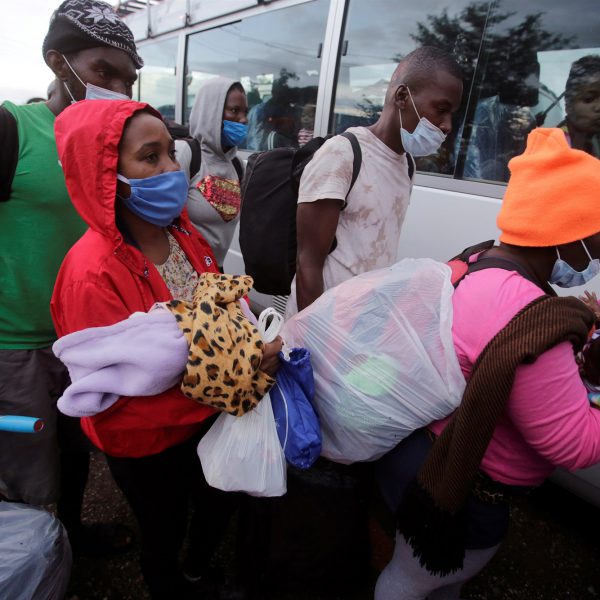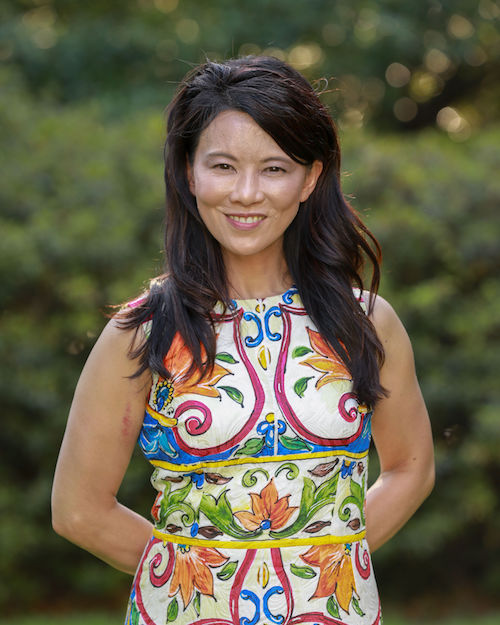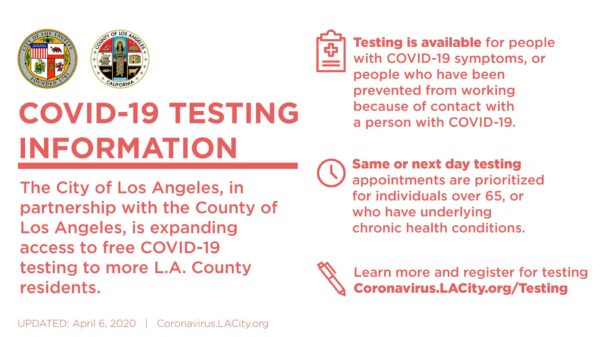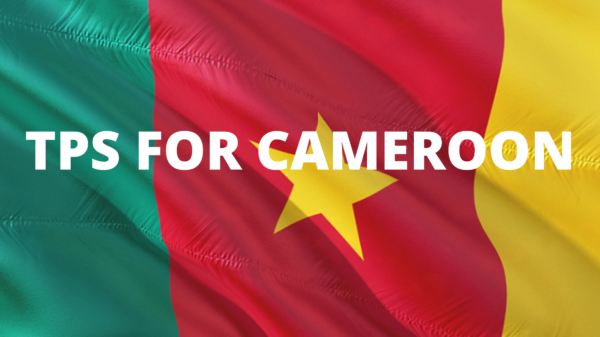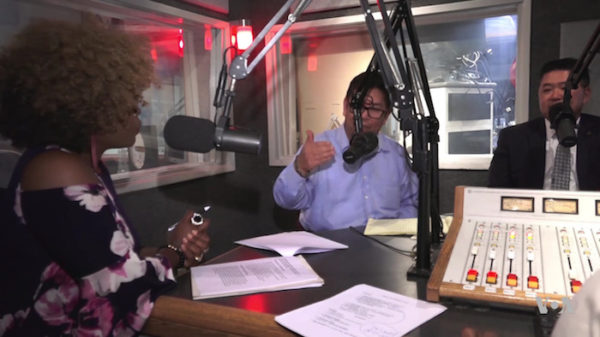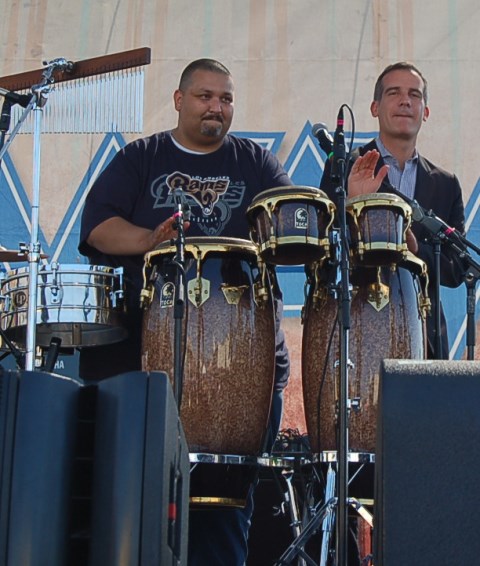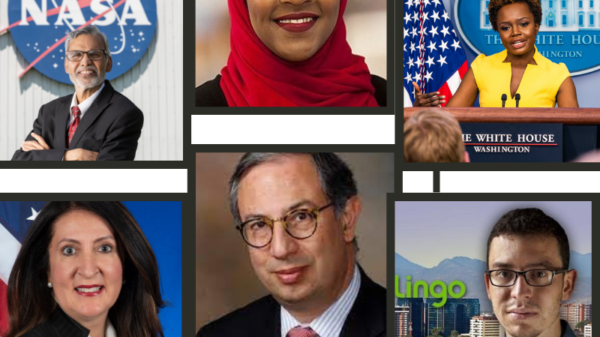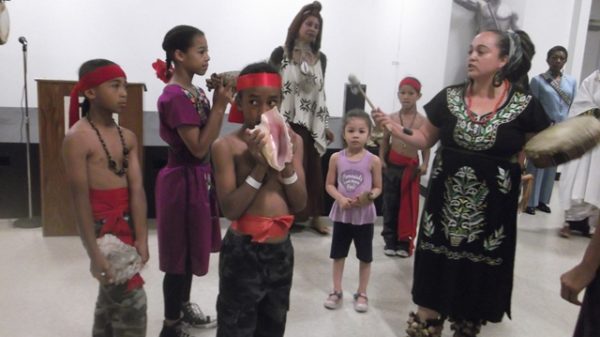As many as 24 million people could lose their legal status in the U.S. by 2050 if the 14th Amendment is repealed
Magazine, Immigration, Market Watch,By ALESSANDRA MALITO
President Trump wants to stop the U.S. from automatically granting citizenship to undocumented immigrants’ babies born in the U.S., a policy that — if approved — could hinder those children’s future economic success, critics say.
The president wants to sign an executive order to end birthright citizenship, a rule under the 14th Amendment that guarantees citizenship to children born in the U.S. regardless of their parents’ status, he told Axios. He claimed the U.S. was the only country in the world where immigrants’ babies get all the benefits of citizenship, though that is incorrect — more than 30 countries have birthright citizenship, including Mexico, Canada and Brazil.
Trump said on Twitter TWTR, -0.26% that birthright citizenship costs the country billions of dollars and is unfair to its residents. Lindsey Graham, a Republican Senator from South Carolina, said birthright citizenship was a “magnet for illegal immigration in modern times.”
About 275,000 babies were born in the U.S. in 2016 to non-citizen immigrant parents, or 7% of the 4 million births in the U.S. that year, according to a Washington, D.C.-based think tank Pew Research Center report. The number of babies born to undocumented immigrant parents has been declining steadily since 2009, when that figure was 330,000 births. Another Pew Research study found that in 2014, about 4 million unauthorized immigrant adults (or 39% of them) lived with their U.S.-born children, either minors or adults.
The American Civil Liberties Union has called Trump’s proposal “blatantly unconstitutional.” Executive orders don’t need Congressional approval, but repealing the 14th Amendment would, said Rose Cuison Villazor, director of the Center for Immigration Law, Policy and Justice at Rutgers Law School. There are many unanswered questions about the proposed policy, such as whether it would apply only to children going forward or those who were born to undocumented immigrants in the past, and whether it would apply to children born to one unauthorized immigrant parent or both, she said.

